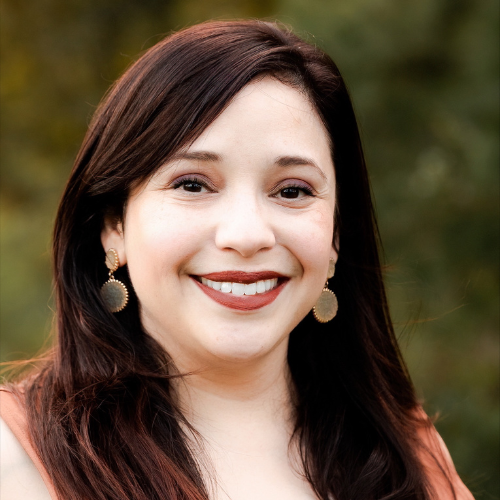When loss comes too soon, it doesn’t just take away a loved one. It shatters plans, routines, and the very sense of what life was supposed to look like. Young widows face the task of rebuilding while carrying a heavy emotional weight.
In 2020, Dr. Liza Barros-Lane lost her husband Dr. Brent Lane in a tragic accident. That profound experience led her, as an Associate Professor of Social Work at UHD, to shift her research to young widowhood. In 2023, she launched the Young Widowhood Project
Young widows are generally understood to be people age 50 and under who have lost their partners. More accurately, though, this category is best seen through a developmental lens: people who must suddenly navigate the loss of a partner with whom they shared ongoing responsibilities like planning a family, raising children or preparing for retirement.
It is standard to experience acute grief—the intensive period in which a person is struggling to function—immediately after a death. However, many factors shape how that process unfolds. What makes young widowhood distinct is the untimeliness of losing a spouse early in life, often compounded by disbelief, the demands of grieving children, financial strain, new responsibilities, and an altered social world. “The trajectory of your life changes completely. And there are not a lot of things in place to support that,” Dr. Barros-Lane explained. Together, these factors can stretch the acute grief phase into years rather than months, with prolonged mourning taking a toll on the body.
Because young widowhood has received far less study than normative widowhood, resources are limited. The Young Widowhood Project seeks to fill that gap by providing information for widows and their supporters while also connecting researchers
“When you’re facing something so terrible and have no words for it, the silence adds a layer of injustice. Once someone gives you the language, you no longer waste energy trying to name the pain. You can begin to decide what to do with it,” Dr. Barros-Lane explained.
To further get the message out, Dr. Barros-Lane’s efforts with the Project go beyond publishing research and organizing others. Her outreach has landed her with bylines in the Houston Chronicle and the Huffington Post, and she now runs a podcast called WidowPod, in which she explores many facets of young widowhood.
Community can be both a source of strength and a pathway to healing. Connecting with others who share the experience of loss can ease isolation while creating opportunities to transform pain into purpose. For Dr. Barros-Lane, it is also a way of honoring Brent, who was himself a grief psychologist.
Although no meaning could ever make the loss acceptable, Dr. Barros-Lane is grateful that Brent’s legacy lives on through her efforts. “It feels as though he continues his work through me, and helping others restores a sense of agency and meaning.”

